01730 622544
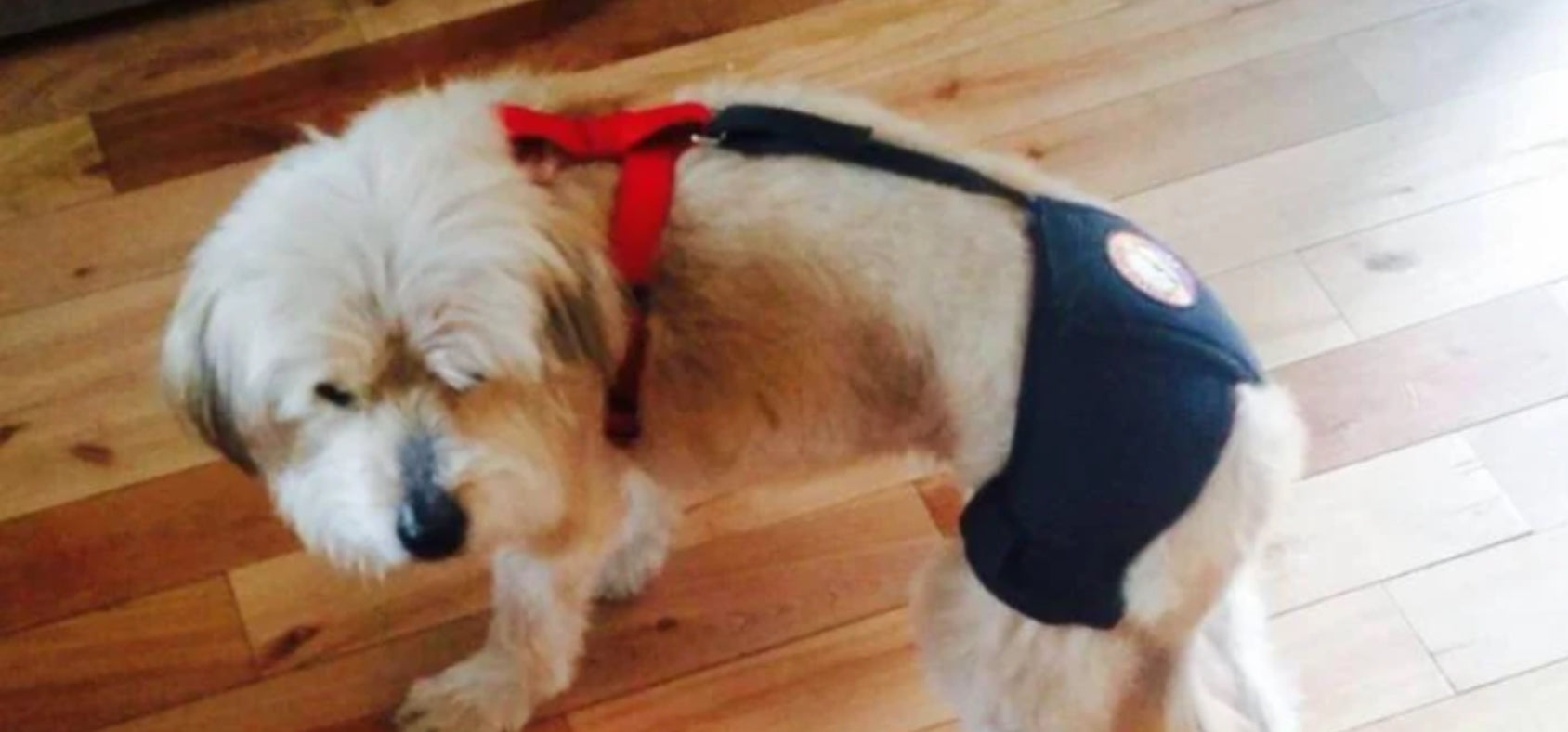
Hip Injuries, Dislocation and Joint Disease in Dogs
Hip problems in dogs are fairly common, particularly as a dog ages and experiences a certain amount of 'wear and tear'. If you notice that your dog's exhibiting any symptoms of discomfort around their hip joint, get it checked it out by your vet. The earlier an issue is identified, the sooner it can be treated, which raises the likelihood of it being successfully managed.
Hip Dislocation
The most common form of dog hip injury is coxofemoral hip luxation, this is also known as hip dislocation. This happens when the head of the femur, which is a ball at the end of the thigh bone, ruptures or pulls away from the ligaments attaching it in the socket of the pelvis. This can happen to dogs of any breed, size and age as a result of trauma, and will cause the dog to limp. With dog hip dislocation, you may also hear a crackling noise at the joint or notice the leg being very loose and floppy. Treatment includes replacing the femur in the joint and restricting movement until it heals, or surgical repairs.Hip Dysplasia
Unilateral hip dysplasia happens mostly to large and giant breeds of dogs, although any dog can suffer from hip dysplasia. It can be hereditary or caused by insufficient free running during the dog's puppyhood. Dogs that live in apartments or are confined to their crates for many hours a day don't have the chance to develop strong bones, resulting in shallow hip sockets and improperly formed hip joints. The loose joint results in injury to the ligament and painful wear and tear on the joint.
Muscle Tears
Muscle tears happen when the dog sprains or strains her hip muscles or tendons by stretching them further than their normal length. The pain of the injury causes the dog to limp, and the hip may be swollen and warm, with muscle spasms. The veterinarian will recommend hot or cold compresses, massage and possibly acupuncture to relieve the pain and spasms, increase circulation and promote healing.Fractures
A dog's hip can be fractured or broken at either the femur or the pelvis if the dog is hit by a car, a hard object, or falls from a height. Hip fractures are often allowed to heal by themselves; your veterinarian will likely recommend cage rest or restricting the dog's activity. Some hip injuries, such as sacroiliac fractures, can cause neurological damage unless they are surgically repaired immediately, or they result in painful long term suffering for the dog.If you dog suffers from any of the above issues, you can help support your dogs hips by using a dog hip brace from Zoomadog. The Orthodog Hip brace is a fantastic solution to help dogs that suffer from hip dislocation, arthritis, mild to moderate hip dysplasia, decreased endurance during activity, hip pain, lower back pain or weakness and back leg limping. This hip brace is perfect for pre or post operative support, and your dog can continue all normal activity including swimming while wearing it.
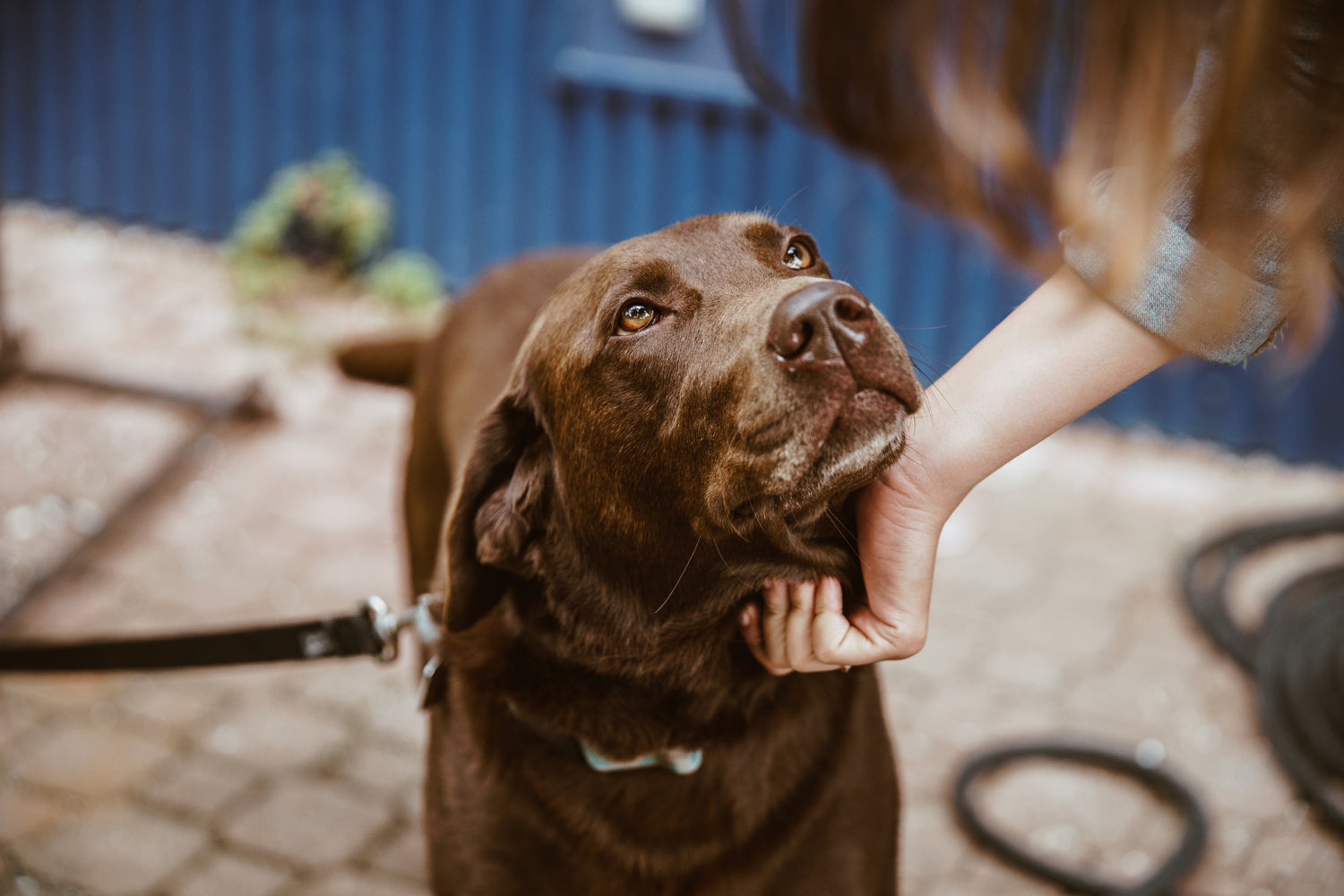
Looking for help with your dog?
We can help find the right solution for your dog
Feel free to give us a call on 01730 622544
or email us at woof@zoomadog.co.uk



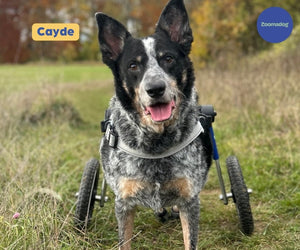
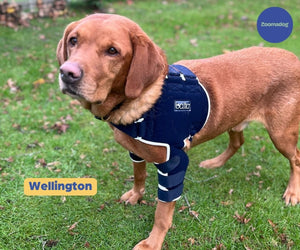
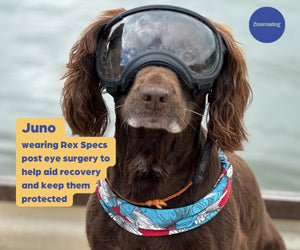


Leave a comment